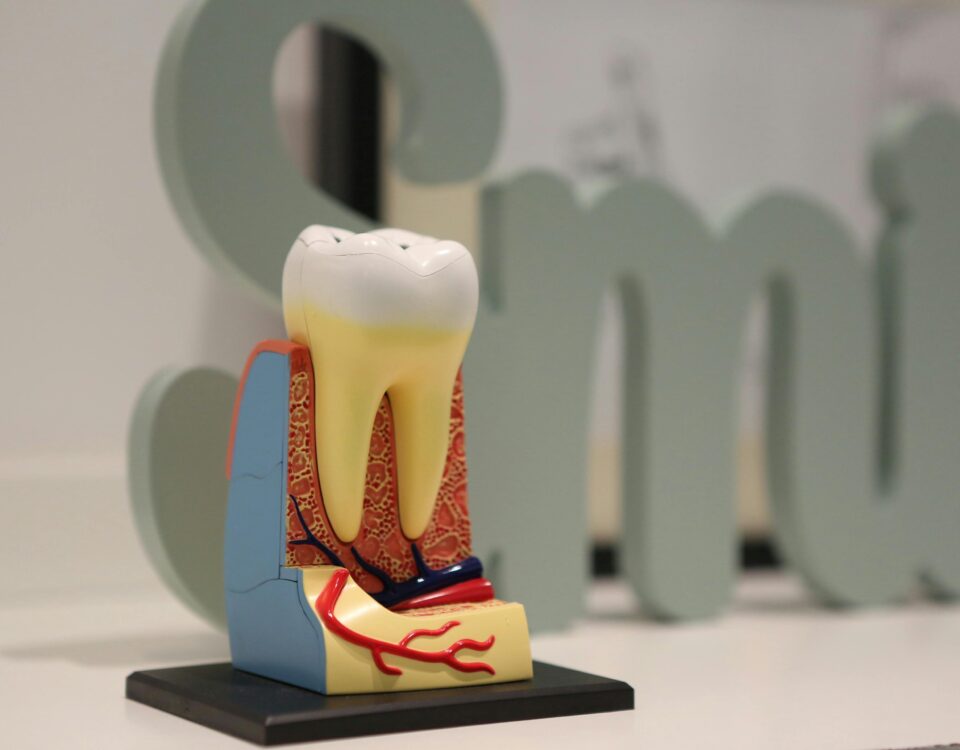
Dental Crown and Bridge Maintenance: Dos and Don’ts
May 1, 2024
How to Care For Dental Implants and Get Long-Lasting Results
June 24, 2024
Root canal treatment is a common dental procedure that often comes with misconceptions and fears needlessly or delaying indicated treatment. In fact, prompt scheduling for root canals helps reduce pain duration and intensity. In many cases, oral health and normal function are aided by root canal treatment instead of the opposite.
Here’s a look at the common root canal myths to help you make better decisions about your dental health.
Myth 1: Extremely Painful
This misconception likely stems from outdated information and experiences from the past decade when dental procedures and anesthetic techniques were less advanced. Root canal treatment has evolved significantly, and the advanced technology and pain management
techniques of today provide a relatively pain-free experience. The discomfort during recovery is generally mild and short-lived, often managed with over-the-counter pain medications.
In some cases, the severe discomfort can also be due to the underlying infection or decay in the tooth. Completing the treatment can relieve the discomfort caused by the infection.
Myth 2: Multiple Appointments Needed
While it’s case-specific and provider-specific, many root canal treatments can be completed in a single visit. Modern dental techniques and technology allow for quicker and more effective treatment, enabling dentists to often complete the necessary work in one session. This includes cleaning the infected tissue and sealing the tooth. In addition to being convenient, completing the procedure in one appointment helps reduce the risk of reinfection between visits when it’s the preferred option.
Please note that a second appointment for follow-up care is usually needed or other restorative work (such as crown placement or final access seal).
Myth 3: Expensive
The cost of a root canal is often comparable to other advanced dental procedures. It is a worthwhile investment in oral health because it helps prevent more challenging complications like tooth loss and gum infections. Extractions (Tooth loss) can ultimately cost morebc of the subsequent need to replace them. Also, the value of preserving your natural teeth and maintaining good oral health should not be understated. Replacement options can actually cost more and require more adaption depending on the case.
Myth 4: A Temporary Fix
This myth is probably related to the fact that a root canal treatment does not completely restore the tooth structure. After the procedure, your tooth will likely need a dental crown to provide additional strength and protection and also help to restore the tooth’s appearance
and function. While it does not fully restore a tooth, the procedure is not temporary. It is a long-term solution to save your natural tooth. After removing the infection, your dentist cleans and seals the tooth and root, preventing or mitigating further issues and promoting lasting health. Properly treated and restored teeth can last many years or sometimes a lifetime with good oral hygiene and regular dental check-ups.
Root canal treatment is a safe, effective, and often essential procedure for maintaining oral health. If you are experiencing tooth pain or suspect you may need a root canal, don’t delay reaching out to established practices like Southpoint Family Dentistry. Contact us to book your appointment.



